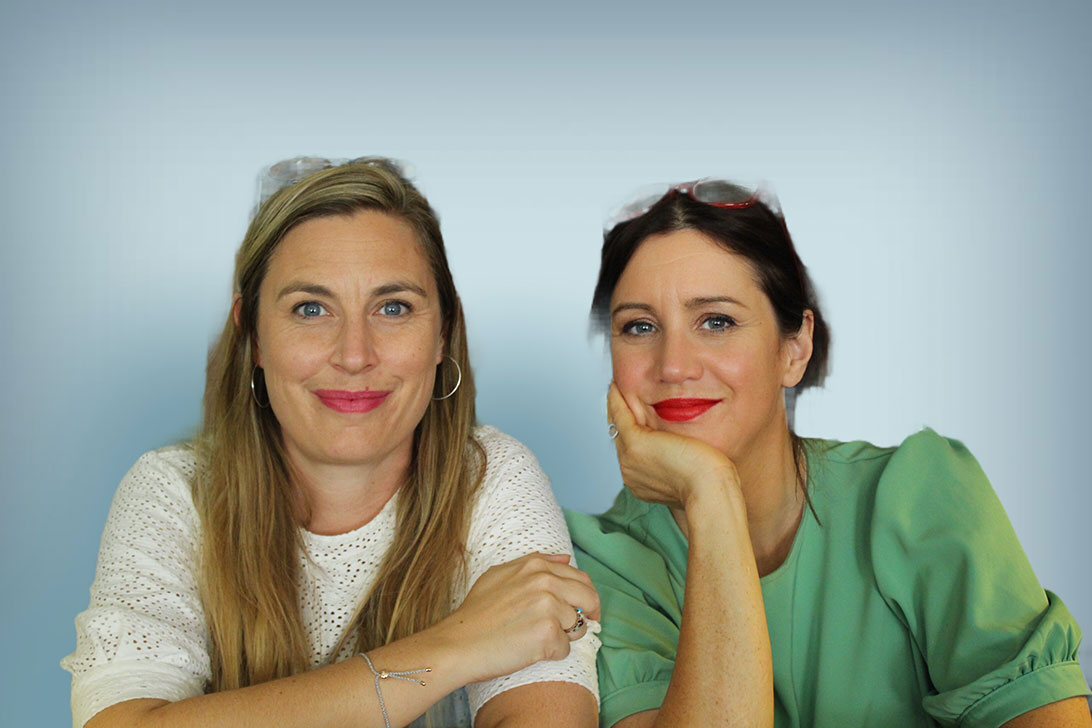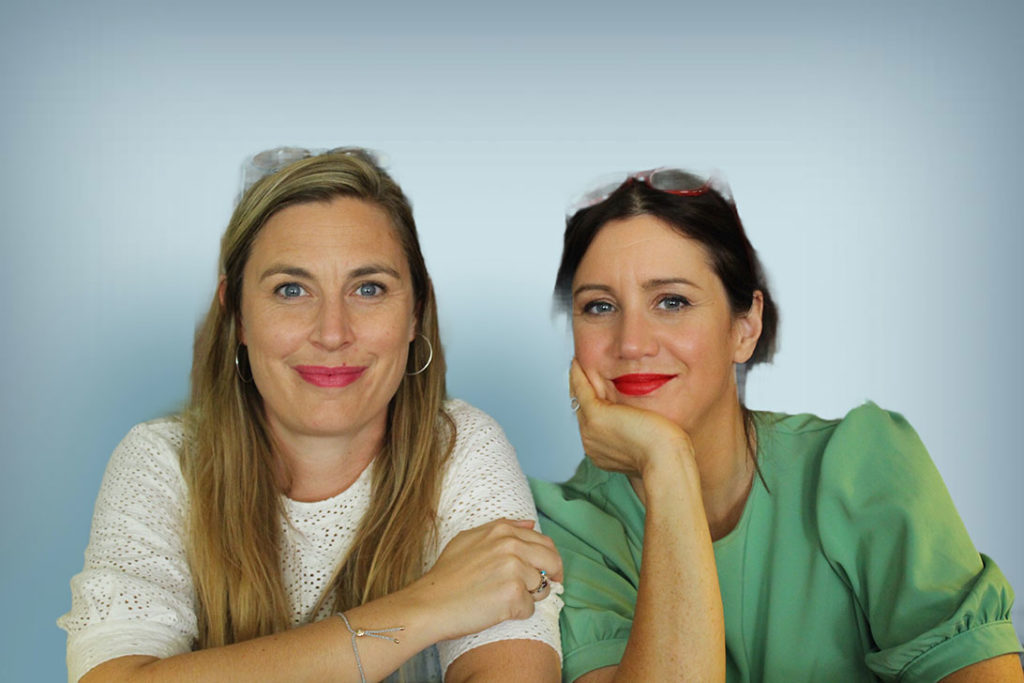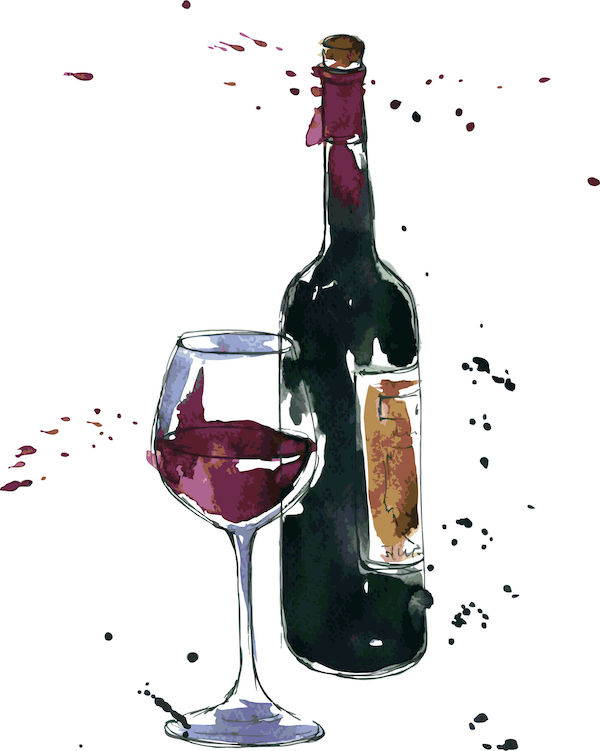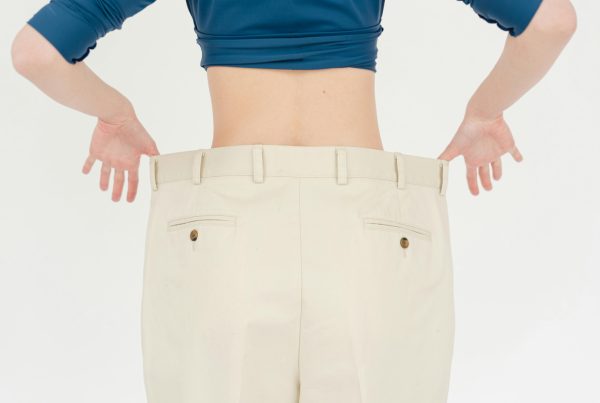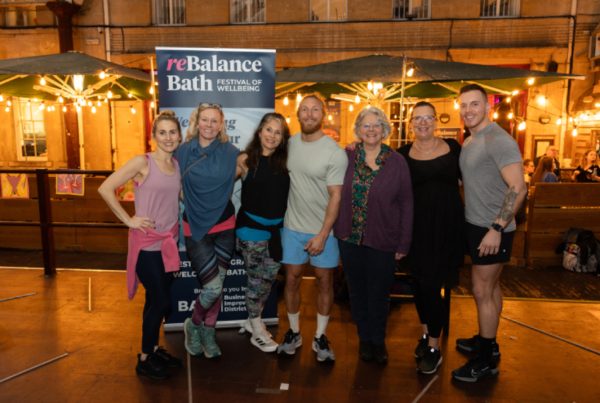This unusual winter is a good time to rethink your coping strategies without relying on alcohol. Gaby Conn chats to Kate and Mandy of Love Sober about motherhood and our drinking culture
Love Sober is a community interest company set up by Kate Baily and Mandy Manners, to support other women on their journey to becoming sober.
Kate and Mandy met on Soberistas, an online sober forum. The women soon joined forces on a mission to change the conversation around alcohol and Motherhood. Hence, Love Sober was born. Having experienced it first hand, Kate and Mandy are raising awareness of the dangers of ‘Mummy Juice’ – a glass (or bottle) of which so many women turn to, in order to cope with the pressures and stresses of motherhood. They started podcasting and have now released their 100th episode,
Love Sober now offers online courses, resources and support groups, equipping women with the tools and knowledge to tackle their unhealthy relationship with alcohol. Kate & Mandy have also just released a book Love yourself Sober, which offers a guiding hand, useful insight and pages full on wisdom to help women who are in search of a sober life. Both Kate and Mandy found the change of identity in becoming a mother, along with the lack of time, freedom and opportunity for self care, sent them spiralling into an unhealthy reliance on alcohol. Motherhood and drinking were an acceptable mix. Acting as a form of both reward and self punishment, the two women realised that their habitual, compulsive drinking was at the detriment of their mental health, quality of life and all-round happiness. Though the path to sobriety was at times a gruelling challenge, both women have found it has completely radicalised their ability to enjoy life and parenthood, and they are driven to help other women find the same. In interview with Kate Baily, Darling Magazine find out more about the approach at Love Sober, and their advice for the winter months.
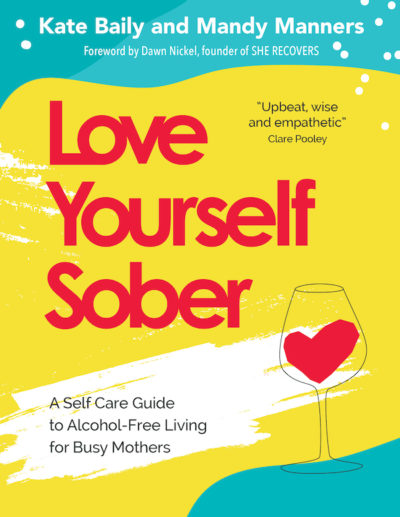

Kate Bailey and Many Manner, founders of Love Sober 
The Culture Around Mothers & Drinking
Don’t Pink My Drink is a campaign by Club Soda, battling toxic alcohol marketing that targets women. The gap in alcohol consumption between men and women in the UK has been rapidly narrowing over recent years. With the male market for alcohol already saturated, the alcohol industry has turned its focus towards women, latching onto ideas of female friendships, empowerment, feminist values and motherhood in order to capitalise on the female audience.
The rise in a new movement of ‘honest parenting’ has also been taken advantage of by the alcohol industry. ‘Honest parenting’ encourages a more honest conversation around parenting, the challenges, the pressures, the realities. As the movement has spread, in conjunction with social media and the rise of the ‘Insta mum’, alcohol has managed to claw its way into ‘honest parenting’ culture. Photos of wine in buggies and phrases such as ‘mummy wine time’ have become accepted methods by which mothers can unwind and treat themselves. The message that alcohol is the antidote to the pressures of parenting is spreading.
Mothers are an incredibly vulnerable group, with 1 in 3 new mothers suffering from mental health issues today. To target this audience is irresponsible, and yet another example of the alcohol industry monetising and taking advantage of society’s insecurities and vulnerabilities. Many women find the shift in role when becoming a mother difficult. In Love Yourself Sober, Kate writes: “Many women feel like domestic slaves and that their freedom has been curtailed when they become mothers.” With her time suddenly consumed by childcare, Kate recounts craving the intellectual stimulation of work and company of friends. Alcohol seemed to bring the party into the house, when she couldn’t go out, meanwhile numbing the exhaustion of sleepless nights and feelings of loneliness.”
The drinking spectrum
Issues with alcohol are often seen as black and white. You are either a full-blown alcoholic, or you are not. Hence, many women, like Kate and Mandy, don’t acknowledge their drinking as an issue, as it doesn’t match the extreme behaviour of a diagnosed alcoholic. At Love Sober, drinking is seen on a spectrum. These are the four stages in this spectrum;alcohol use disorder, harmful drinking, habitual drinking and dependence. This scale acknowledges the ‘grey area’ of drinking, where behaviour may seem “normal” and acceptable on the surface. However this having a negative impact on that person’s mental health and ability to function. The emphasis at Love Sober is on early intervention, noticing and addressing unhealthy behaviour around alcohol before it creeps any further up the spectrum.
In the UK, alcohol has become an essential component of celebration and connection. We have “outsourced our sense of self-confidence and ability to have fun to alcohol”, and binge drinking culture has come to be widely celebrated. This means drinking can feel like a catch-22 situation for women as excessive drinking and sobriety both looked down upon. This discussion around alcohol can feel stigmatised and uncomfortable but Kate and Mandy encourage mothers to ask themselves how their drinking make them feel. If the answer is negative, be feel confident in asking for help and support.
Tips for addressing alcohol misuse
For many mothers, drinking is a form of stress-relief. Our brains have been rewired to release feel-good chemicals when we drink – a glass of wine accompanied by a shot of Dopamine, a splash of Serotonin and a dash of Gabba, into the blood stream. But it is not, in fact, the alcohol itself that makes us feel relaxed, but our body’s chemical response to it. This is what we get addicted to. We associate feeling good with alcohol, and the cycle repeats itself, over time becoming habitual and ritualistic. The key to changing habits around alcohol is rewards, rather than abstinence. More than simply a source of indulgence, Love Sober describe these rewards as “brain training in disguise”.
Kate and Mandy believe in the approach of dopamine-sourced learning. Through giving yourself a ‘sober treat’ every day, such as a bunch of fresh flowers, the dopamine fix that would otherwise come from alcohol is still being obtained, but from a healthy, positive source. These treats don’t have to be expensive or even purchased – “It could be allowing yourself time to go for a walk in the woods”. They advise to “keep the rituals, and change the ingredients”, for example swapping the 5pm glass of wine for a non-alcoholic drink.
Bring on the sober treats instead and JOMO
Kate and Mandy believe in the approach of dopamine-sourced learning. Through giving yourself a ‘sober treat’ every day, such as a bunch of fresh flowers, the dopamine fix that would otherwise come from alcohol is still being obtained, but from a positive source. They stress the importance of self-care, of “fortifying yourself with the good bits, so that you can cope with the bad bits” in life. Staying off social-media and unplugging from devices is recommended, in order to really enjoy and make the most of a quiet night in. Kate advises people to invest in the JOMO (Joy of Missing Out); to fill your evenings at home with pleasure, such as a bubble bath or a movie with popcorn, to eliminate any worry that you’d be having a better time out drinking with your friends.
The festive season is fast approaching, and Lockdown means we are spending more time at home than ever before. This can be a natural time for alcohol misuse to flare up. Kate and Mandy’s advice to women who might feel apprehensive for this period, is to set their boundaries, ask for help and be okay with saying no. Love Sober founders Kate and Mandy are wonderful examples of how a sober life needn’t be one of refrain and sacrifice. It can be even more fulfilling, enjoyable and rich than before. Since ditching the bottle, both women feel more present in their daily lives and are able to manage the challenges of motherhood with greater energy, confidence and clarity.
This year could be an opportunity to wave goodbye to the hangovers and “hang-xiety”, and experience the upcoming festive season with a new-found, sober vitality.
For more about motherhood and our drinking culture, and all the wonderful work Kate and Mandy are doing, head to:
You may also enjoy reading
https://darlingmagazine.co.uk/wellness/womens-wisdom/cognitive-reverie/

